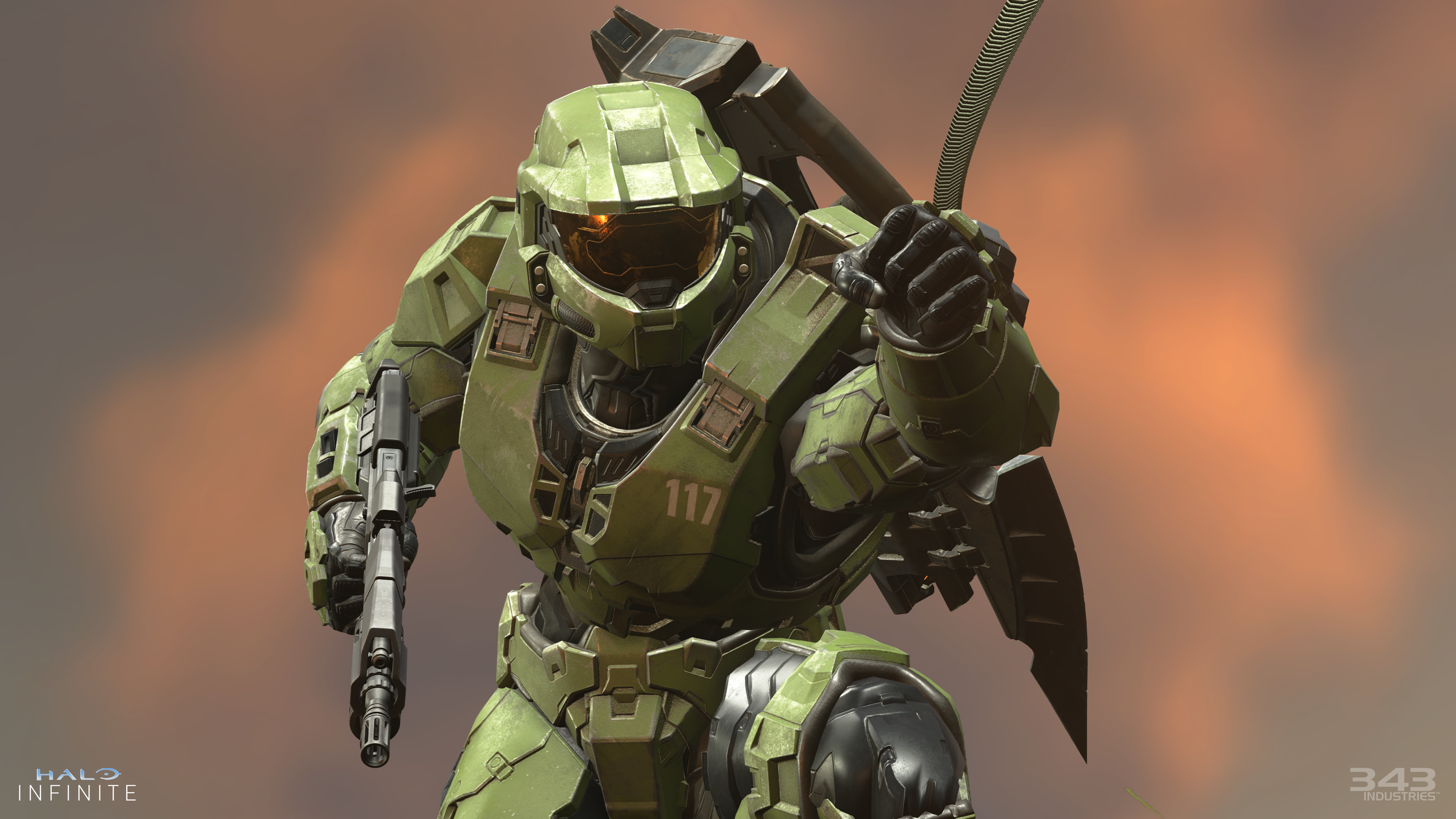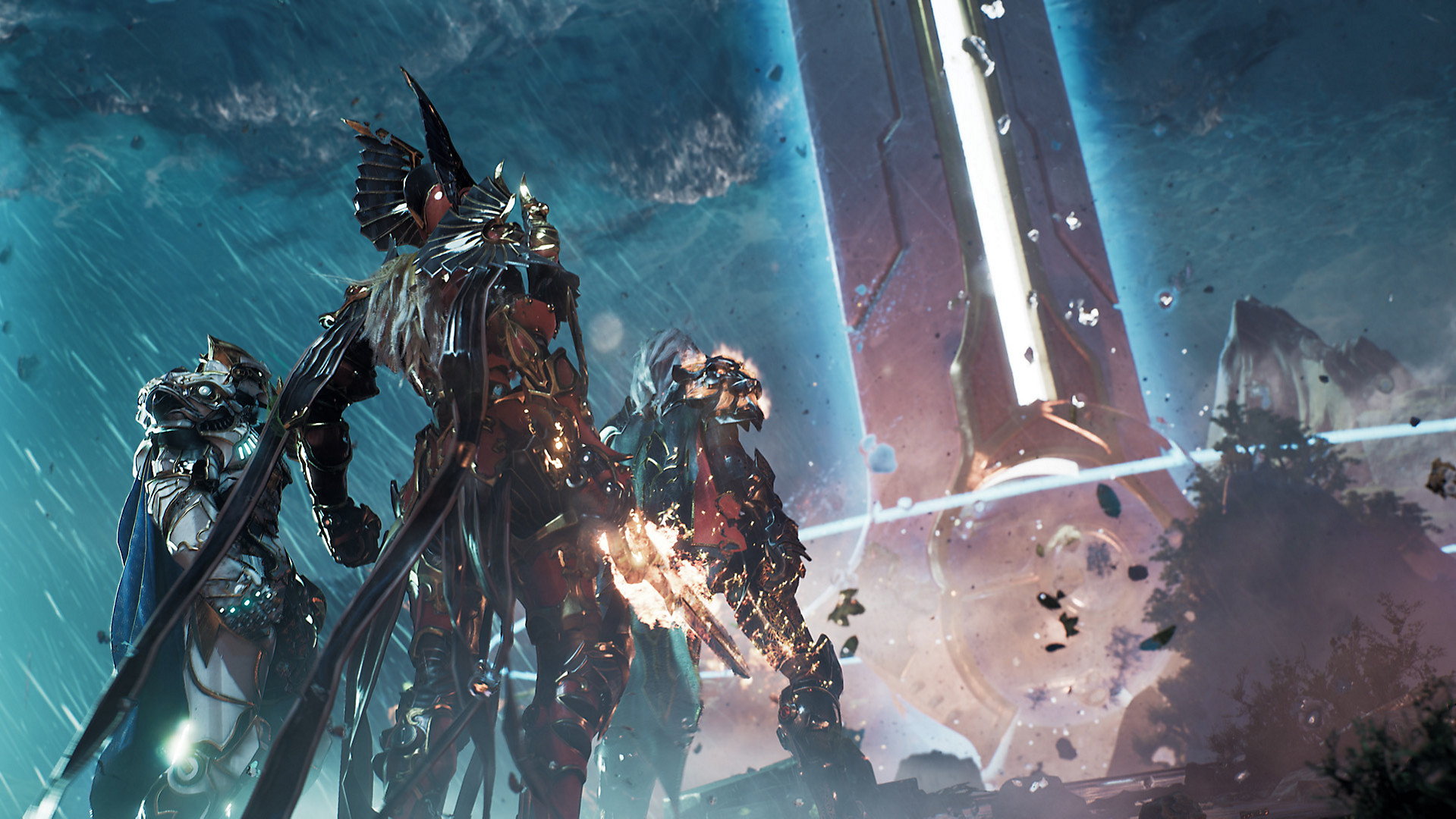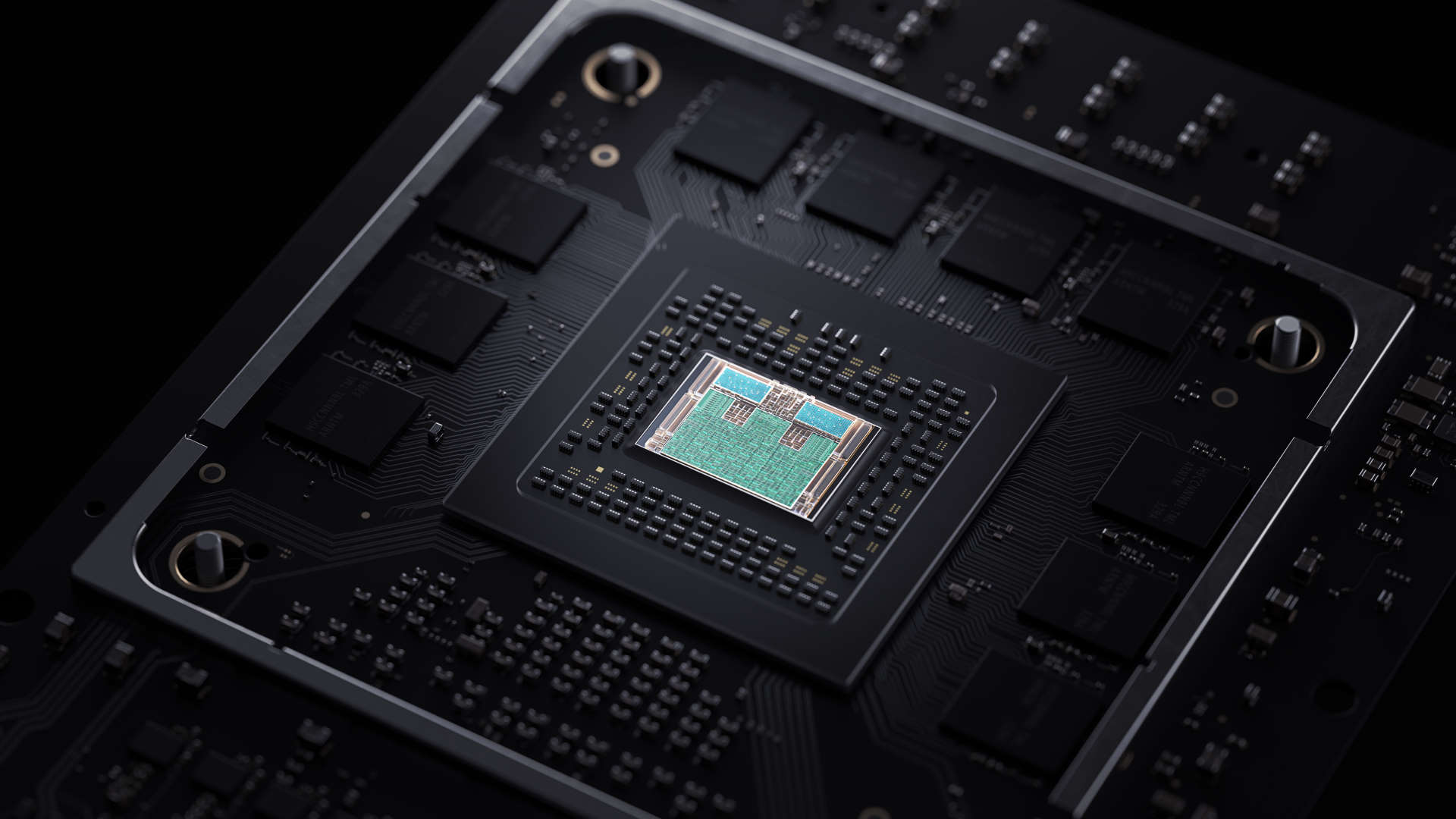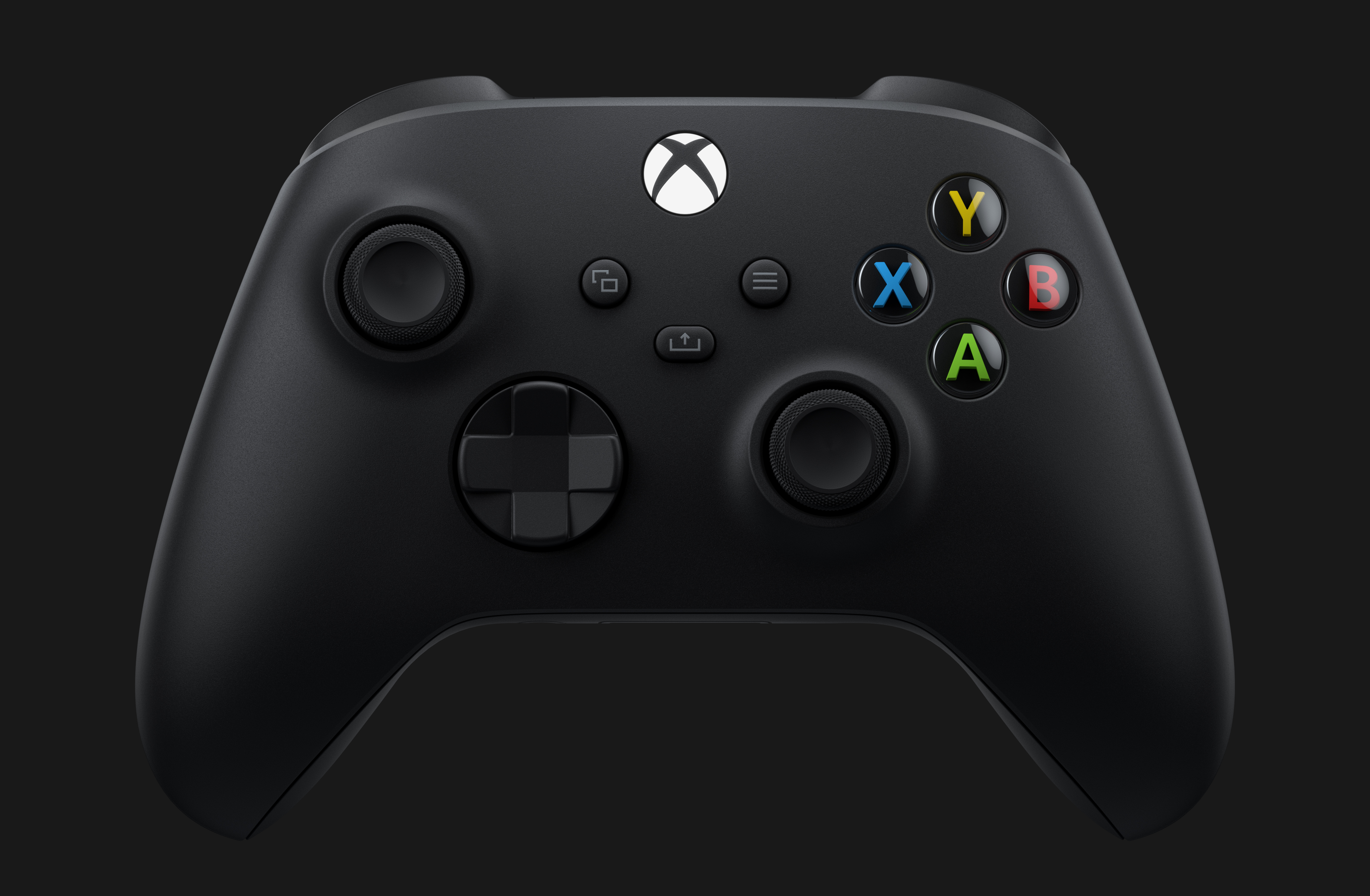What the Xbox Series X and PlayStation 5 mean for PC gaming
And which of their 'exclusives' are coming to PC.

A new Xbox and PlayStation release at the end of the year, and though the Microsoft and Sony machines are often seen as the opposites to PC gaming, they're more like annoying siblings. They sit right in front of the TV and they don't always like to share their toys, even though they don't even know how to play with them correctly, which is obviously in a dark corner, at a desk, clacking away on an extra-loud mechanical keyboard.
The consoles have chilled out as they've gotten older, though. Pretty much every Xbox game comes to PC now (and even to Steam these days) and Sony is starting to come around: Horizon Zero Dawn just released on PC, albeit after a long wait.
Console tech also affects the kinds of games we get on PC. Even among indie developers, multiplatform game development is normal these days, and the capabilities the platforms share naturally become the baseline. Both in terms of games and tech, here's what PC gamers can expect from this year's new console releases:
When do the next-gen consoles release?
Xbox Series X will release on November 10 for $500, while the less-powerful Xbox Series S will cost $300. The PlayStation 5 will release at around the same time, though we don't have details on pricing or the exact date yet.
Xbox Series X games coming to PC
Weirdly, there are no first-party Xbox Series X launch games. Halo Infinite would've been one, but it was delayed to 2021.
Instead, Microsoft is straddling console generations by "optimizing" existing games for the new hardware, and third-party developers will be releasing optimized versions of their new multiplatform games, such as Assassin's Creed Odyssey.
Microsoft is making first-party Xbox Series X and PC games, though. They just won't be here until 2021 or later. Here are the ones we know about:
Keep up to date with the most important stories and the best deals, as picked by the PC Gamer team.
- Halo Infinite
- A new Fable
- A new Forza Motorsport
- State of Decay 3
- Avowed
- Everwild
- As Dusk Falls
- Psychonauts 2
- Senua's Saga: Hellblade 2
The only game Xbox Game Studios is involved with that we're not sure will come to PC is Crossfire X, which has only been announced for the Xbox consoles, even though it's a PC series. Remedy is making the campaign, so we'd kind of like the opportunity to play it—hopefully we get some clarity on that soon.
Here are some of the other third-party Xbox Series X and PC exclusives on the way:
- Scorn
- Stalker 2
- Warhammer 40,000 Darktide
- Tetris Effect: Connected
- The Gunk
- The Medium
- Phantasy Star Online 2: New Genesis
PlayStation 5 exclusives not announced for PC
Unlike Xbox games these days, first-party PlayStation games tend to actually be exclusive—at least for a while. Horizon: Zero Dawn eventually came to PC, and any of these games could, too. For now, though, Sony's first-party PS5 exclusives have not been announced for PC. Here they are:
- Horizon Forbidden West
- Marvel's Spider-Man: Miles Morales
- Gran Turismo 7
- Ratchet and Clank: Rift Apart
- Demon's Souls
- Returnal
- Sackboy: A Big Adventure
- Astro's Playroom
- Destruction AllStars
- Quantum Error

PlayStation 5 exclusives coming to PC
While Sony is holding onto its first-part exclusives for now, there are several third-party PlayStation 5 console exclusives that will release on PC:
Multiplatform games coming to PC
You might have seen these games advertised as big next-gen console releases during the Xbox and PlayStation livestreams. They're coming to PC too, though:
- The Ascent
- Haven
- Assassin's Creed Valhalla
- Bright Memory: Infinite
- Call of the Sea
- Chorus
- Dirt 5
- Hitman 3
- Second Extinction
- Scarlet Nexus
- Vampire: the Masquerade - Bloodlines 2
- Yakuza: Like a Dragon
That obviously isn't a complete list of the multiplatform games coming to the next-gen consoles and PC—it's just a selection of games that have been used to promote the consoles recently. Expect Microsoft and Sony to also push the new Call of Duty, next year's new Battlefield game, as well as other new multiplat games.

What does next-gen console tech mean for PC gaming?
Right now, Nvidia's RTX graphics cards are the only to offer a form of real-time ray tracing in games. With AMD and the consoles joining the light simulation party (which is full of disco balls, I presume), expect to see more of it, until eventually ray tracing becomes standard. That'll mean more than just pretty reflections—although there will be pretty reflections—because like all new tech it'll affect how games are made. That's if it's all it's been made out to be, at least.
Any major change is probably a ways off, though. Microsoft isn't too enthused about ray tracing, for one thing, and the best graphics cards can already get a good workout with today's games, As cool as SIGGRAPH demos are, chasing photorealism and soft body physics simulation hasn't been the industry's focus in recent years. The most popular game in the world is Fortnite, after all, and Fortnite looks like Fortnite. Getting lots of players interacting in real time with minimal lag has been a bigger deal than photogrammetry, although the fancy tech in the Unreal Engine 5 demo will surely have its place in the console and PC games of the future.
One probable consequence is more impressive utilization of SSDs, given that Sony has gone all in on super-fast storage in the PS5. That speedy data access is said to be necessary for getting the super-realistic environment in the UE5 demo onto the screen. Epic says that the demo will work fine on a PC SSD, too, so don't worry about that—but if you're still storing games on a spinning drive, it's getting time to upgrade or be left behind.
We're also looking forward to trying out Microsoft and Sony's new controllers, which in the immediate future might actually be the most noticeable effect of these console launches—they're awfully low key compared to past launches.
For more on this topic, Jacob wrote in depth about the next-gen console features we're likely to see on PC.

Crossplay and consolidation
There'll always be some tension between companies that want control and an audience that wants to mod Thomas the Tank Engine into every game.
The Xbox One and PS4 certainly influenced PC gaming, but over the past seven years the PC has consistently been the vanguard. PC gamers started using SSDs and moved on from 60Hz years ago. VR started on PC. Features such as real-time ray tracing, variable rate shading, and mesh shading began life on PC hardware. Voxel and survival games exploded on PC, followed by the battle royale genre. Microsoft went and bought a bunch of developers known for great PC games: Mojang, Obsidian, InXile, Double Fine. The console makers want into PC gaming, not the other way around.
These days, we aren't worried about being ignored by the console industry and kicked around by Microsoft. It's the opposite. While it's cool to see former console exclusives come to PC, there are console things we definitely don't want on the PC. Microsoft still isn't friendly to modding and the Microsoft Store still sucks. Microsoft's subscription service, Xbox Game Pass, is the best deal in PC gaming right now, but it's not necessarily a model we want to take over. Meanwhile, every big gaming company, including Microsoft, thinks there's a future for cloud streaming, which is even less friendly to modding and the open nature of PC gaming. What's more of a closed system than Stadia, where you can't play your games unless you connect to hardware you don't own?
For better and worse, this next console cycle will be about convergence and consolidation. Crossplay is becoming standard, and more and more console 'exclusives' are coming to PC, and that's great. But consoles are closed systems and the PC is not, and we certainly don't want it to become one, so there'll always be some tension between companies that want control and an audience that wants to mod Thomas the Tank Engine into every game. Ultimately, I think Thomas will win, and we'll benefit from Microsoft and Sony treating the PC as an opportunity rather than an afterthought.

Tyler grew up in Silicon Valley during the '80s and '90s, playing games like Zork and Arkanoid on early PCs. He was later captivated by Myst, SimCity, Civilization, Command & Conquer, all the shooters they call "boomer shooters" now, and PS1 classic Bushido Blade (that's right: he had Bleem!). Tyler joined PC Gamer in 2011, and today he's focused on the site's news coverage. His hobbies include amateur boxing and adding to his 1,200-plus hours in Rocket League.

